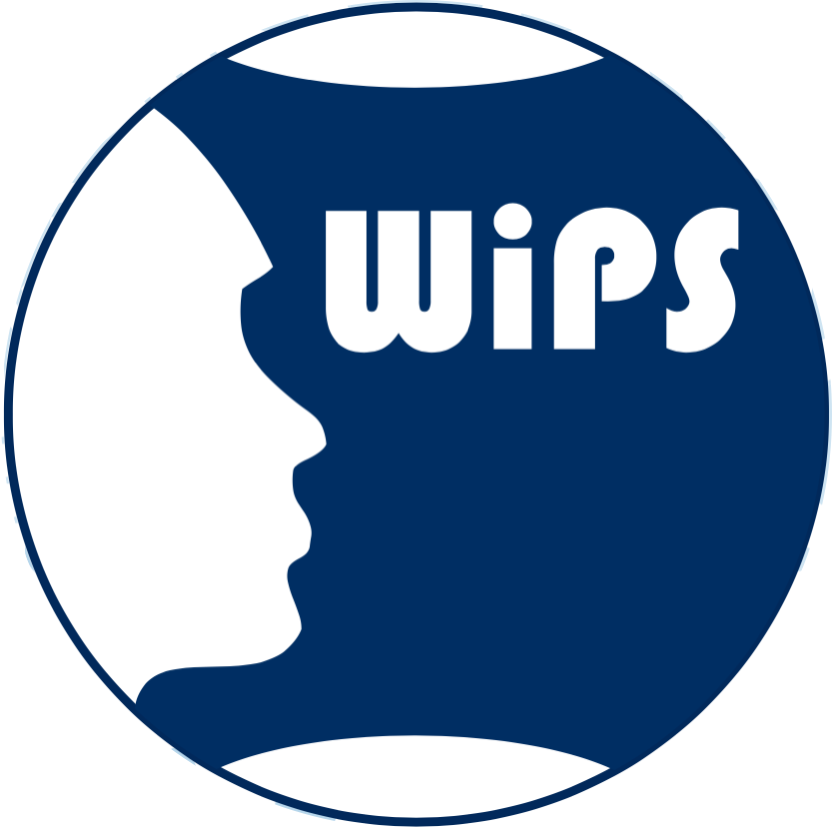Jessica Kehala Studer, MD, MA (Music)
ESA (European Space Agency), working in research for future space exploration missions

Jessica is in Antarctica, only her eyes visible behind layers of clothing including beanie, ski goggles, neck gater and blue parka. There is frost covering her clothing.
As the research Medical Doctor for the European Space Agency (ESA) at Concordia Station, Antarctica, I am overseeing experiments in an extreme, isolated environment that mimic space conditions, often referred to as “White Mars.” Concordia is one of the most remote places on Earth and serves as an analog to space missions. During my one-year mission I study how extended isolation and harsh conditions affect the body and mind, which directly contributes to preparing for future space missions, such as those to the Moon and eventually beyond to Mars. I am proud that my work provides valuable data on human resilience and survival in extreme environments, a work that is critical for advancing space exploration.
What keeps you going?
What drives me is the determination to push the boundaries of human exploration and understanding. Through my daily work I can exceed my own limits. The challenges, the isolation and the extraordinary conditions challenge me every day and help me personally grow physically, mentally and emotionally. I am fascinated by the intersection of medicine, science and research and the opportunity to contribute to something bigger than myself, knowing that our work could one day perhaps put the first human on Mars.
What’s your message to the world?
My message to the world is a reminder that the spirit of exploration and resilience knows no limits. “It doesn’t take much to survive in Antarctica…” I could hardly believe this when I left Europe to “survive” for a year in Antarctica. Concordia Station lies in the heart of the Antarctic continent. When you look out the window, all you see is a vast expanse of “nothing.” Just ice stretching to the horizon, slowly blending with the blue of the sky. “Nothing”—and yet, it is incredibly beautiful. I could gaze at this “nothing” forever, because it isn’t nothing. It is freedom—the freedom to pursue what makes my heart burn with passion. It’s proof that there are no boundaries. In the vastness of this nothingness, I have not only discovered insights about our environment but also about my own personality, my own self. Our work here is more than just research; it is proof of humanity’s relentless pursuit of knowledge and our will to push beyond the known.
Organisation: ESA (European Space Agency), working in research for future space exploration missions
Nationality:
Switzerland
Disciplines:
